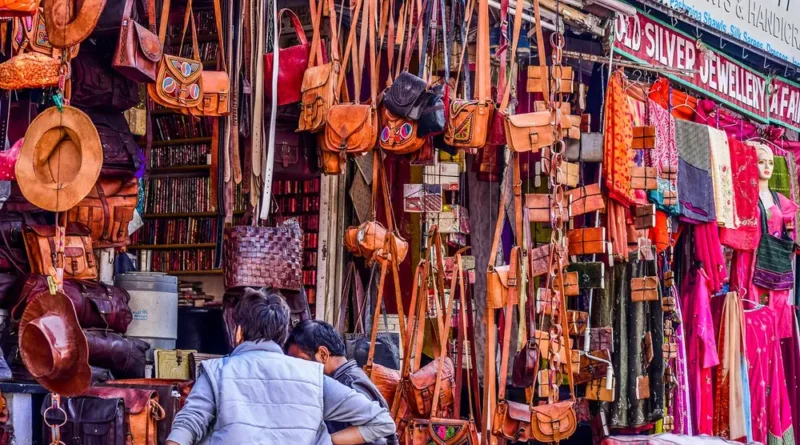What is fast fashion? 5 things you should be aware of.
Fashion has been a hot topic on everyone’s tongue for a hot minute and the reason for it is the growing requirement of clothing for various purposes. A ubiquitous phrase that has been thrown around everywhere is “Dress appropriately” which practically may mean that according to the situation, one needs to understand what kind of clothing they need to present themselves into. These are some of the prime reasons why fashion has been a vital part of every industry as it plays a huge role in representing oneself on the platform appropriately.
Now that we have learned that fashion is a crucial part, the primary source through which fashion industries survive are fashion shows and then either being able to showcase in museums or for runway purposes. As we speak of runways, there has been a practice that is unethically being carried out which causes more harm than good. Fast fashion is a means of mass producing runaway pieces for a cheaper rate through extensive labor, additionally paying laborers a fraction of the amount they should be receiving and gaining mass popularity and profits through those means.
In this article, we would be discussing the various reasons why fast fashion is being hated upon.
Environmental Impact
Fast fashion is notorious for its detrimental effects on the environment. The industry relies heavily on the use of synthetic fibers derived from petroleum, such as polyester, which have a significant carbon footprint during production. Additionally, fast fashion promotes overconsumption, leading to excessive waste generation. Clothes are often made with low-quality materials, designed for short-term use, and quickly discarded, contributing to overflowing landfills. The production process also involves extensive water usage, chemical dyes, and toxic waste, polluting water sources and harming ecosystems.
Exploitation of Workers
The fast fashion industry relies on low-wage labor in developing countries where workers often endure poor working conditions and face exploitation. Garment workers, primarily women, are subjected to long hours, low wages, unsafe workplaces, and a lack of social protections. Sweatshops and unfair labor practices are prevalent, with workers being denied their basic rights, including the right to form unions and collectively bargain. Fast fashion perpetuates a cycle of poverty and inequality, with workers at the bottom of the supply chain paying the price for cheap clothing.
Human Rights Violations
The race to produce garments quickly and at a low cost often results in human rights abuses. Reports have exposed instances of child labor, forced labor, and unsafe working conditions within the fast fashion industry. Workers are often denied their fundamental rights and subjected to verbal, physical, and sexual abuse. Fast fashion’s relentless pursuit of profit disregards human dignity and compromises the well-being of those involved in its supply chains.
Also Read: Social Media’s Detrimental Addiction and BeReal
Social and Cultural Implications
Fast fashion promotes a throwaway culture that devalues clothing and encourages constant consumption. The focus on trends and rapid turnover cultivates a mindset of disposability, where clothes are seen as short-term commodities rather than long-lasting possessions. This consumer behavior not only strains resources but also impacts local textile industries in many countries. Traditional craftsmanship and cultural diversity are at risk as mass-produced clothing replaces unique, handcrafted garments.
Lack of Transparency
The fast fashion industry often operates in a manner that lacks transparency. Many companies do not disclose their supply chain information, making it difficult to trace the origins of products and verify ethical practices. This lack of transparency hinders accountability and perpetuates exploitative practices, as companies prioritize profits over transparency and social responsibility.
Conclusion
By focusing on and addressing the various points that are discussed as to why fast fashion has been more of a curse than a blessing. It is quite unfair to laborers in general as well as the unique stylists that showcase their works of art in expectation of not having their work copied in a cheaper form that they put so much work and hours into.
While fast fashion is adored nowadays and websites tend to even promote it more than the authentic pieces of work, there’s little to nothing that can be done to stop it as the consumers themselves prefer it that way. And the key point is why wouldn’t they? Getting access to cheap clothes with a high-end look would just tempt them to get more and more. As consumers, we need to look out for products such as that and make sure that we contribute to a more sustainable form of living and how to encourage authentic brands that put their soul into their art form.




